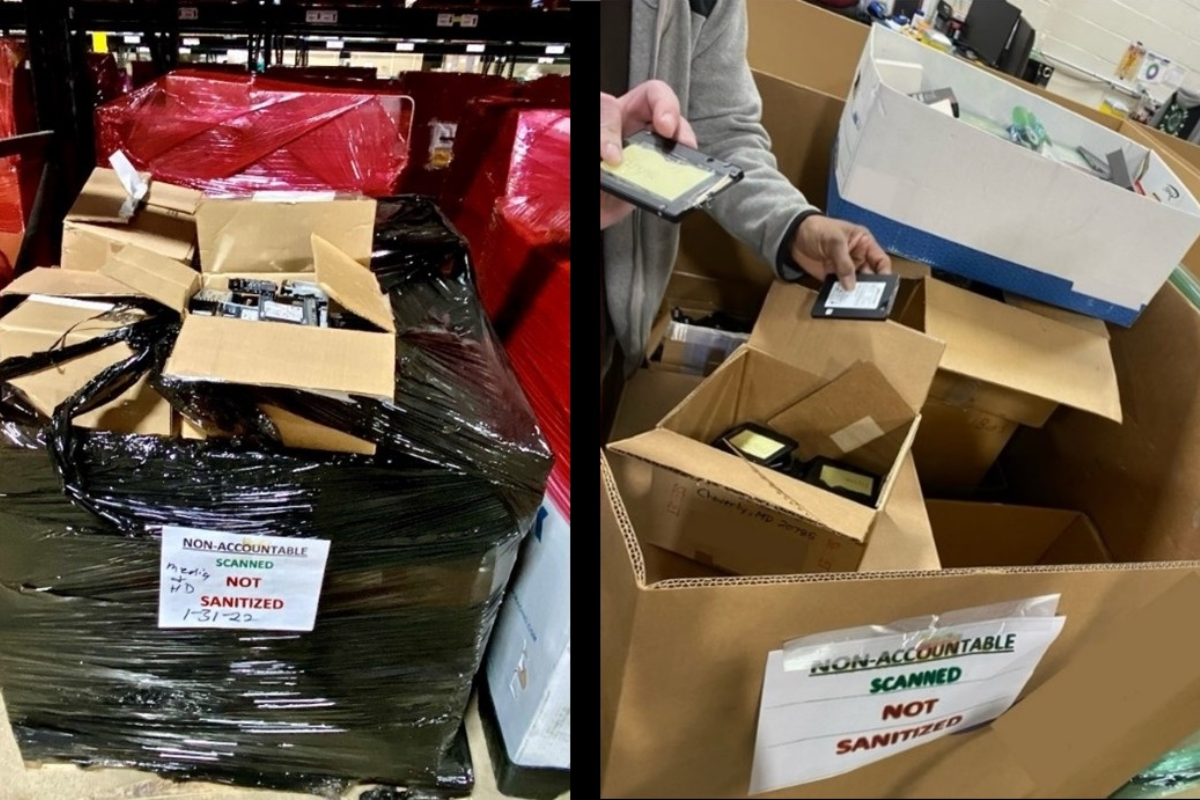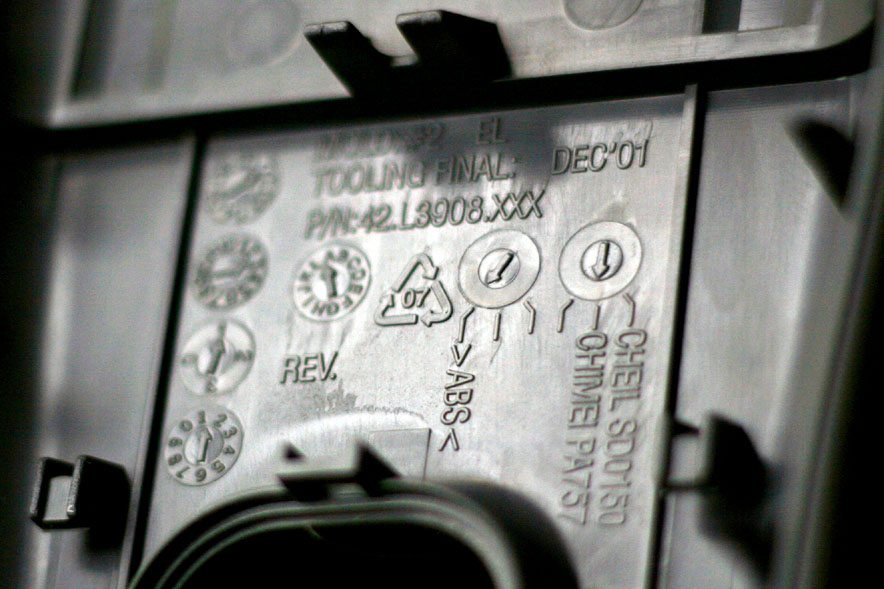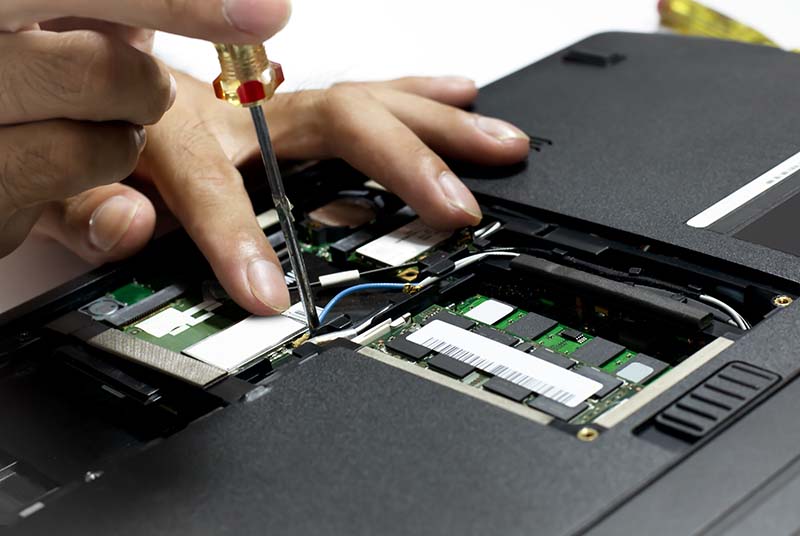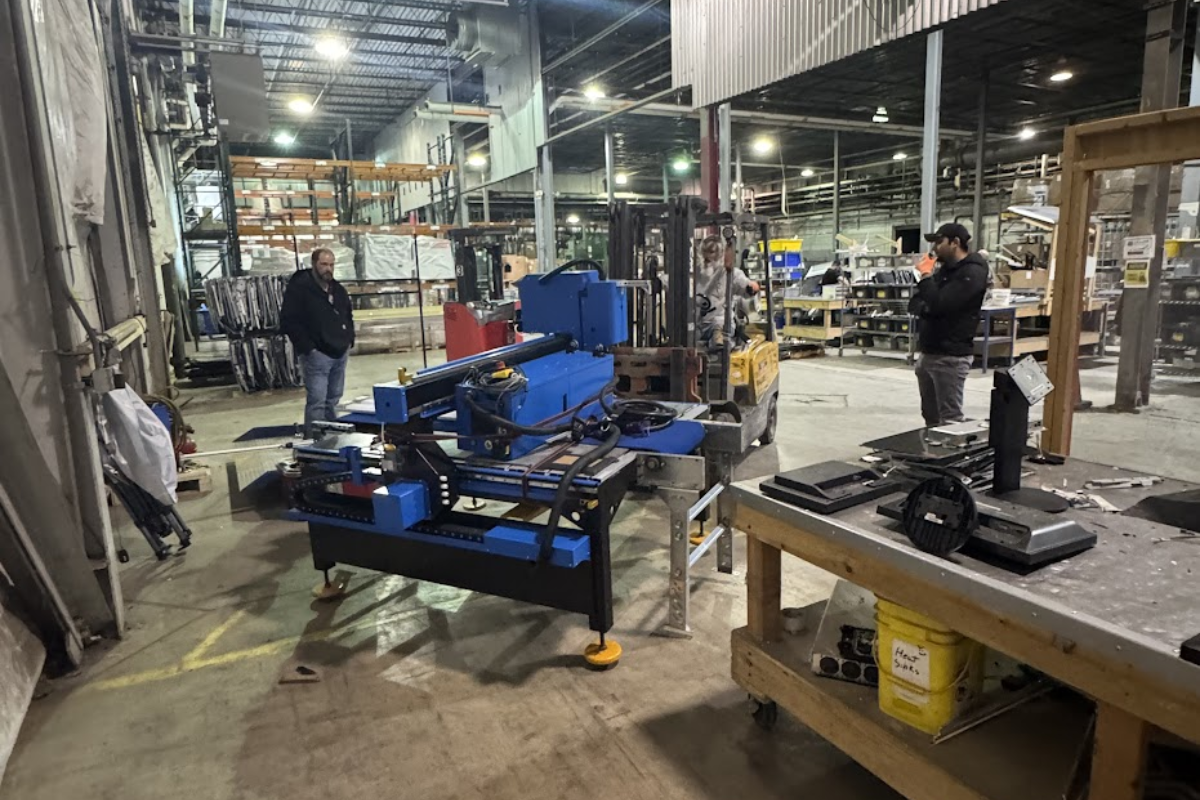
Containers of retired assets at the FBI were being stored in an unsecured area for weeks at a time, including unlabeled hard drives. | Photos courtesy U.S. Department of Justice
A recent criminal case involving device theft during federal government asset disposition jobs is shining new light on 2024 audits highlighting IT asset management weaknesses at the FBI and the Nuclear Regulatory Commission. Continue Reading







